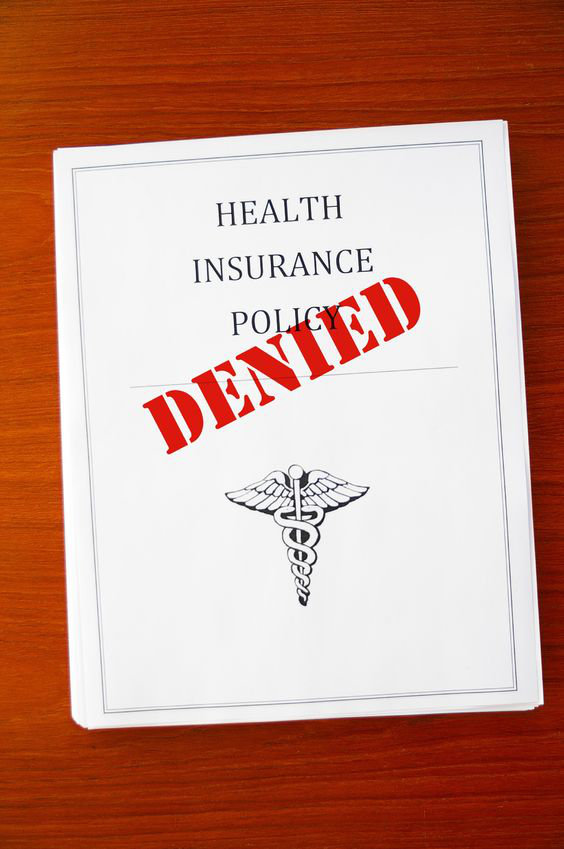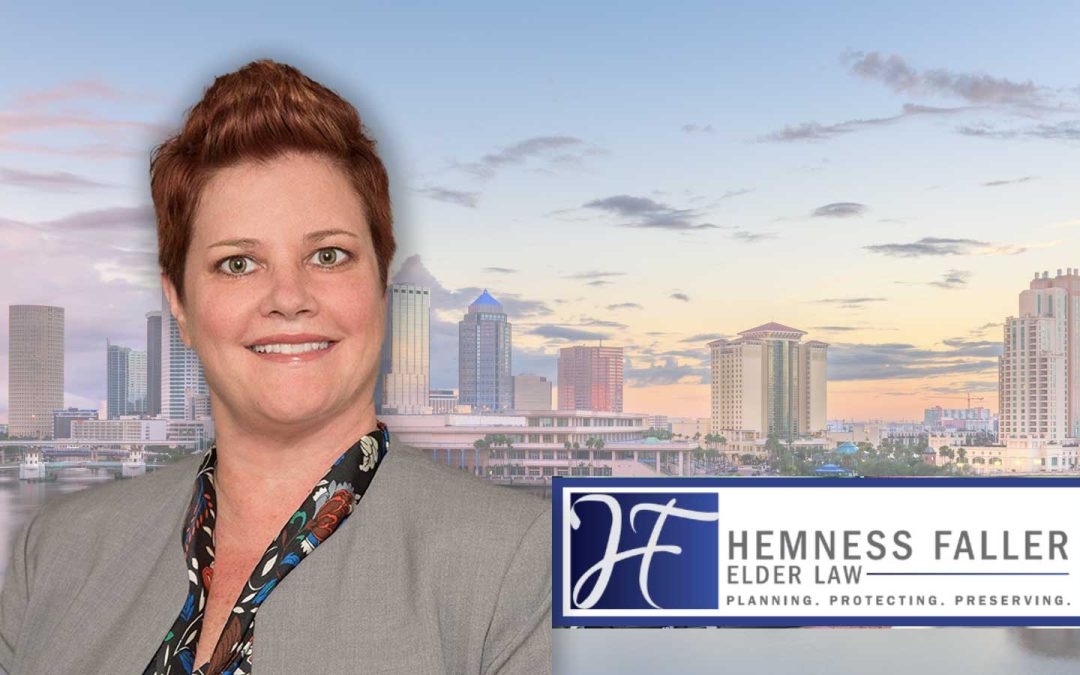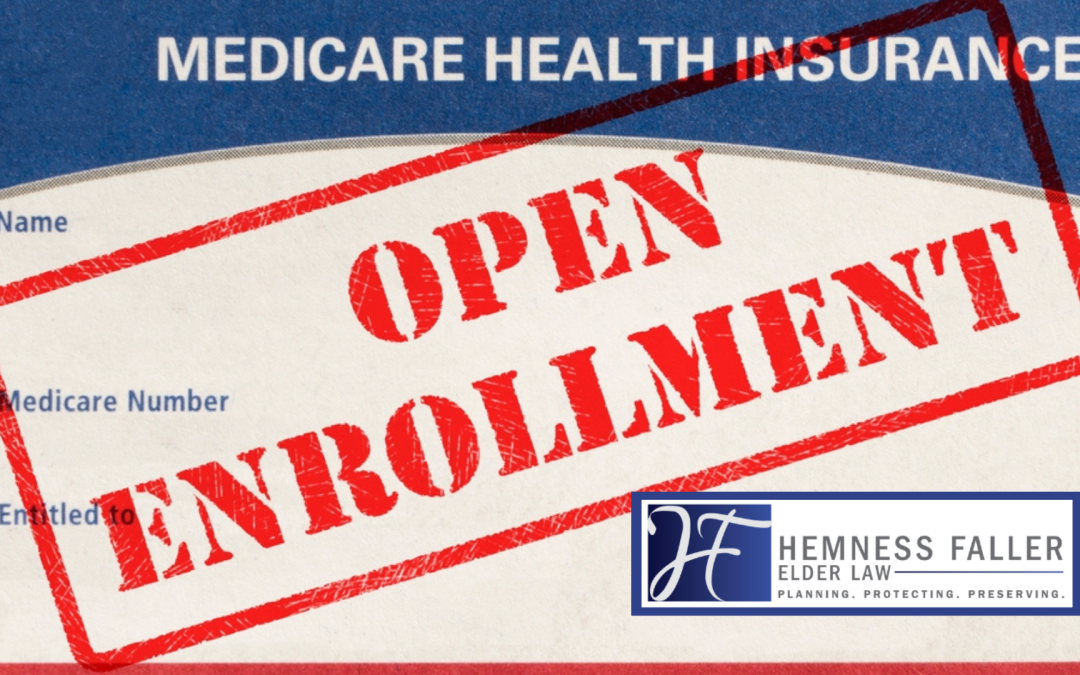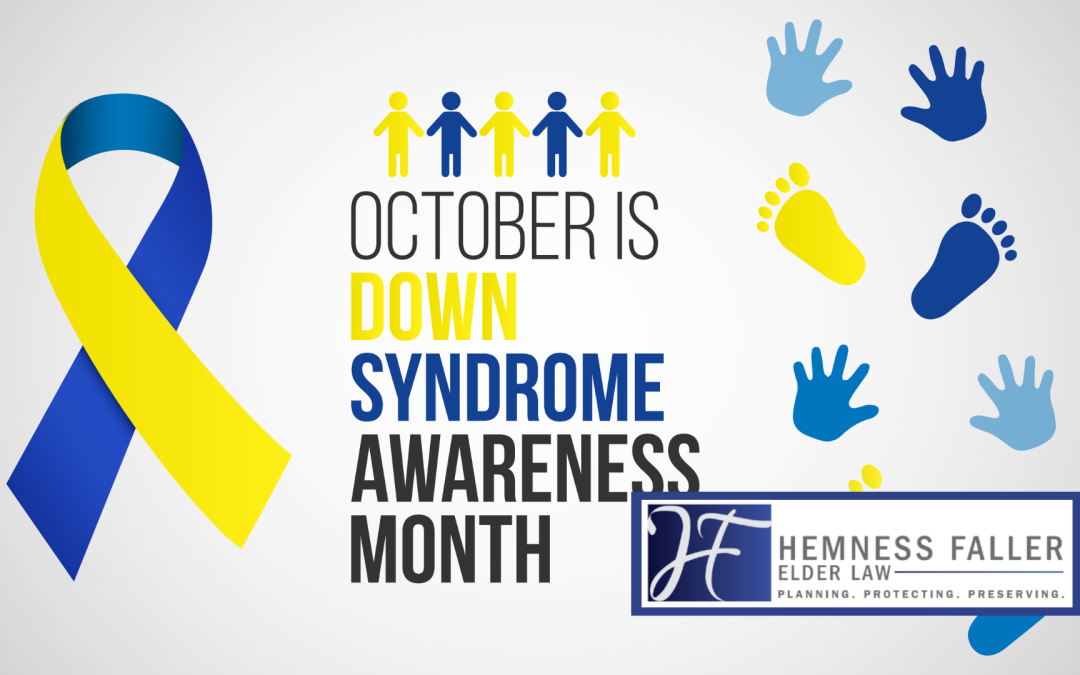Any one of a number of Seniors have had this terrible situation happen to them, so common that a federal law was enacted last year to protect them.
Here’s the common scenario. Hazel, a 89 year old, has a bad fall and is taken to the hospital. She has a variety of medical tests, treatments and medicine over the next 5 days. When ready to leave the hospital, Hazel goes to a skilled nursing facility for rehab where she receives therapy for the next 3 months. Ordinarily, under Part A of Medicare, Hazel’s rehab would be paid for. Yet, instead of Medicare covering Hazel’s stay in rehab, Hazel gets surprised with a $30,000+ bill. How could this happen to Hazel? Doesn’t her Medicare cover up to 100 days of skilled nursing care and/or rehabilitation following a 3-day hospital stay? The problem with Hazel’s situation is that Hazel was never formally admitted to the hospital for the 5 days she was there. She was classified by the hospital as being on “observation status” and never became an inpatient. And, the hospital legally did not have to notify Hazel of this status.
Because of how Hazel was classified, Hazel never triggered Medicare Part A coverage for therapy. Hazel now must pay a $30,000+ bill from her own pocket with no help from Medicare. The 2015 federal law (the NOTICE Act) requires such Medicare patients like Hazel to be notified by the hospital of when they are put on “observation status” and what implications may occur (like the huge bill for therapy) because of this status. Earlier this month on August 6, the federal law was to take effect. So all is well, right? Not quite.
The federal law required the Center for Medicare and Medicaid Services (CMS) to write rules for the hospitals about notifying Hazel as to the “why”, “how” and “when” of her “observation status”, among other things. On August 2, CMS announced these rules would not become final until October 1, even though the effective date of the federal law was supposed to be August 6. So, this is a delay of nearly 2 months before the federal law will be effective. Unfortunately, this is not the end to the delays.
As a part of CMS’ final rule, a standard form known as the “MOON” form must be used by the hospitals when they are providing the necessary notice to Hazel that she is only on observation status. The MOON form first must be approved by the Office of Budget and Management (OMB). CMS has stated that it will only require hospitals to provide the notification (through the MOON form) to patients 90 days after the MOON form is approved by OMB. As of August 4, advocates report that OMB hadn’t approved the MOON form. The Center for Medicare Advocacy (www.medicareadvocacy.org) – an advocacy group in Washington DC — believes that it is highly unlikely that hospitals will implement the federal law until the MOON form is approved and in effect 90 days after approval. This means that Seniors, like Hazel, can be kept in the dark legally about their observation status until sometime after November or later.
It is extremely important if you are caring for a Senior or are advocating on behalf of a Senior to ensure the Senior is appropriately admitted to the hospital as an inpatient and not held in limbo on observation status. Fortunately, in Florida, we have a law passed in 2015, that notice of observation status must be provided upon discharge from the hospital. This does not change the status while hospitalized nor help the Senior with Medicare coverage for rehabilitation. Yet, this Florida notice helps one make a decision before incurring a huge financial burden for therapies paid for from one’s own pocket.
One Thing You Should Never Forget: Check on the status of the Senior’s classification as soon as he/she are hospitalized. If it is “observation status”, make every attempt to find out how to admit the Senior as an inpatient.






